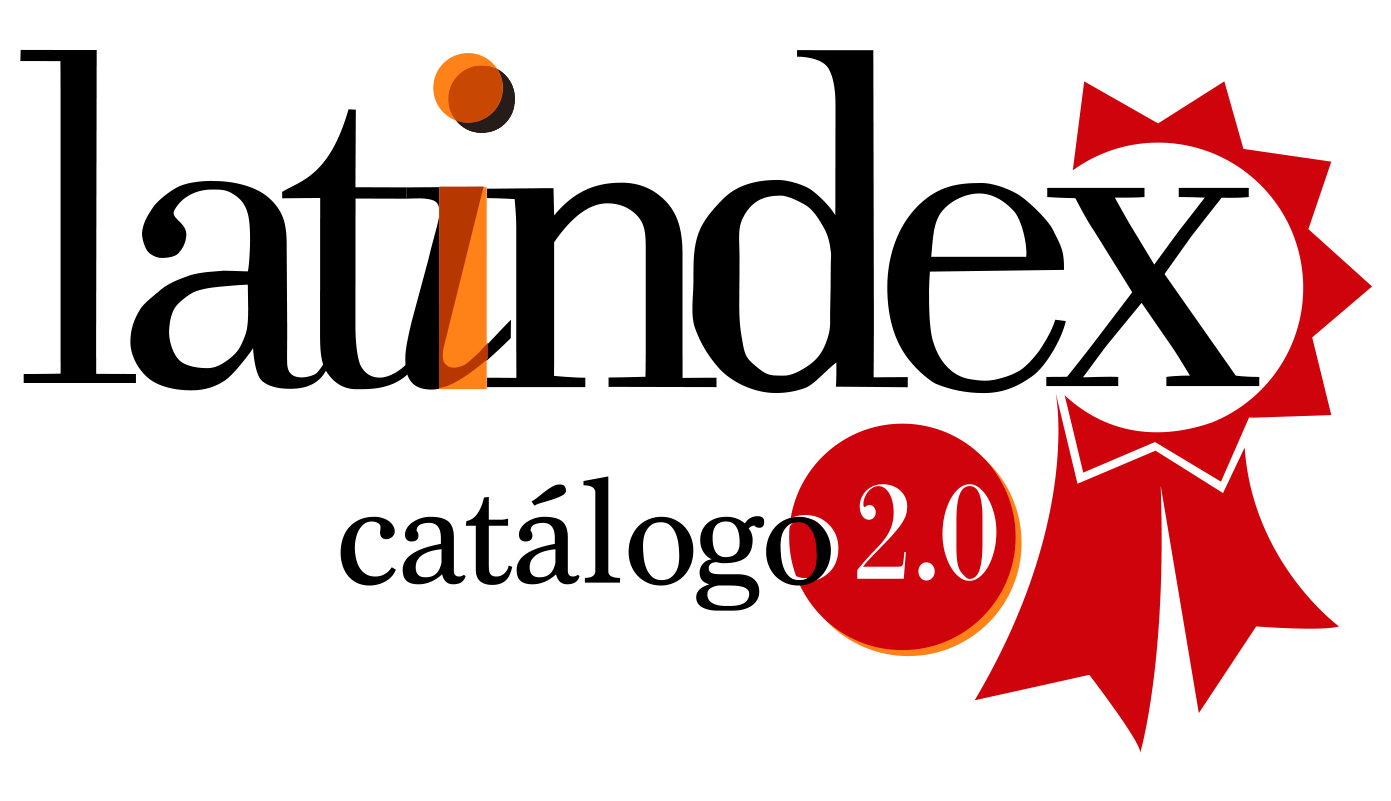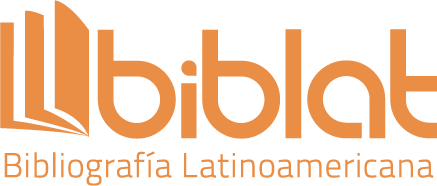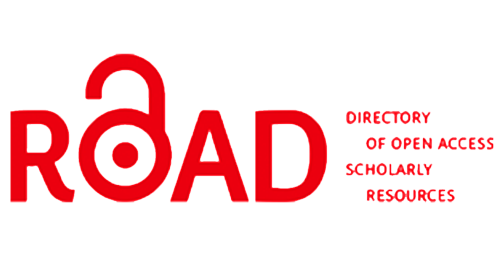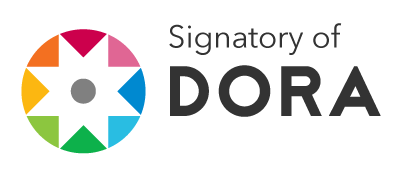Added value of Technical and Vocational Institutions (TyT) in Bogota
DOI:
https://doi.org/10.38123/rre.v3i2.323Keywords:
higher education, standarized tests, HLM models, value added, technical education, ColombiaAbstract
The SABER TyT test aims to provide an indicator of the added value of higher education institutions with technical and technological training programs (T & T). That is, it allows by statistical means to calculate the contribution of the T & T institution to the level of competence with which the student enters higher education. This is the change between the scores that each student obtained in the general competences in the SABER11 test (when finishing the high school education) and the scores in the SABER TyT tests at the end of the higher technical education. This change makes it possible to assess the contribution of each T & T institution to the general competencies of the students and facilitates comparisons between institutions, which are not reflected by other quality indices (i.e., accreditation) or average score in standardized tests.
Downloads
References
Correa, J. J. (2004). Determinantes del rendimiento educativo de los estudiantes de secundaria en Cali: un análisis multinivel. Sociedad y Economía, 6(1), 81-105. https://bibliotecadigital.univalle.edu.co/bitstream/handle/10893/541/rendimiento%20educativo.pdf
Gaviria, A., Barrientos, J. (2001). Determinantes de la educación en Colombia. Archivos de Economía Dirección de Estudios en Economía, Banco de la República. Documento 159. https://www.repository.fedesarrollo.org.co/handle/11445/1249
Hox, J. (2010). Multilevel Analysis: Techniques and Applications (2. ed.). Routledge.
ICFES (2011a). Prueba de habilidades genéricas GSA. https://portal.icfes.s3.amazonaws.com/datos/Pruebas de habilidades genéricas GSA Resultados pilotaje.pdf
ICFES (2011b). Examen de estado de la educación media periodo 2005-2010 (pp. 1-154). Bogotá.
IFCES (2013). Sistema nacional de evaluación estandarizada de la educación. Alineación del examen SABER 11 (pp. 1-130). http://www.icfes.gov.co/index.php/docman/instituciones-educativas-y-secretarias/saber-11/novedades/651-alineacion-examen-saber-11/file
ICFES (2014a). Pruebas SABER 3, 5 y 9. Lineamientos para las aplicaciones muestral y censal 2014. http://www.icfes.gov.co/examenes/pruebassaber/que-se-evalua
ICFES (2014b). Lineamientos generales del examen de Estado Saber 11º 2014-2. http://www.icfes.gov.co/examenes/component/docman/cat_view/8-saber-11/118-novedades
López, S. F. (2010). El efecto colegio en Colombia. Equidad y Desarrollo, (14), 85-101. https://doi.org/10.19052/ed.202
Ministerio de Educación Nacional Colombia. (1998). Lineamientos curriculares . http://www.mineducacion.gov.co/1759/w3-article-339975.html
Ministerio de Educación Nacional Colombia. (1992). Ley 30 de 1992. Por la cual se organiza el servicio público de la educación superior. https://www.funcionpublica.gov.co/eva/gestornormativo/norma.php?i=253
Ministerio de Educación Nacional Colombia. (1994). Ley 115 de 1994. Por la cual se expide la ley general de educación. https://www.mineducacion.gov.co/1621/articles-85906_archivo_pdf.pdf
Ministerio de Educación Nacional Colombia. (2002) Ley 749 de 2002. Por la cual se organiza el servicio público de la educación superior en las modalidades de formación técnica profesional y tecnológica, y se dictan otras disposiciones. https://www.mineducacion.gov.co/1621/article-86432.html
Ministerio de Educación Nacional Colombia. (2015). Fortalecimiento de la Educación Técnica y Tecnológica. https://www.mineducacion.gov.co/portal/micrositios-superior/Fomento-a-la-Educacion-tecnica-profesional-y-Tecnologica/Sector-Agroindustria/
OECD. (2016). La educación en Colombia. Aspectos destacados. https://www.oecd.org/education/school/Educacion-en-Colombia-Aspectos-Destacados.pdf
OECD/IBRD/The World Bank. (2013). Reviews of National Policies for Education: Tertiary Education in Colombia 2012. OECD Publishing.
Raudenbush, S. W. y Bryk, A. S. (2002). Hierarchical linear models: Applications and data analysis methods (Vol. 1). Sage.
Raudenbush, S. W., Bryk, A. S. y Congdon, R. (2010). HLM 7.00 for Windows [software]. Scientific Software International, Inc.
Rodríguez, R. (2015). Medición del valor agregado para la educación superior [tesis de maestría en Económica, Universidad Santo Tomás]. Repositorio USTA. http://dx.doi.org/10.15332/tg.mae.2020.0747
Universidad Nacional de Colombia. (1999). Hacia una cultura de la evaluación para el siglo XXI. En D. Bogoya (Ed.). Unibiblos.
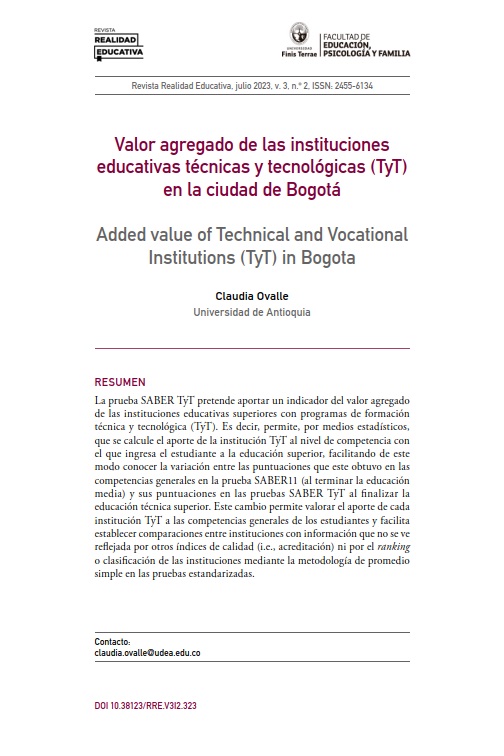
Published
How to Cite
Issue
Section
License
Copyright (c) 2023 Claudia Ovalle

This work is licensed under a Creative Commons Attribution-NonCommercial-NoDerivatives 4.0 International License.
Los contenidos de esta revista se distribuyen bajo una licencia Atribución/Reconocimiento-NoComercial-SinDerivados 4.0 Internacional.


